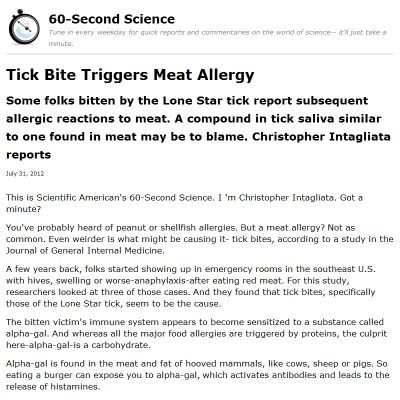
Understanding Bug Bite Allergy: A Comprehensive Guide for You
Bug bite allergies can be a pesky problem, causing discomfort and sometimes even severe reactions. If you or someone you know has ever experienced an allergic reaction to a bug bite, you know how important it is to understand the condition. In this detailed guide, we’ll delve into the various aspects of bug bite allergies, including their causes, symptoms, diagnosis, treatment, and prevention. Let’s get started.
What is a Bug Bite Allergy?

A bug bite allergy occurs when your immune system overreacts to the saliva or venom injected by a bug during a bite. This immune response can lead to a range of symptoms, from mild itching and redness to severe anaphylaxis, a life-threatening allergic reaction.
Common Causes of Bug Bite Allergies

Several types of bugs can cause allergic reactions, including mosquitoes, ticks, bees, wasps, and ants. Here’s a breakdown of some common causes:
| Bug | Saliva/Venom | Common Allergic Reactions |
|---|---|---|
| Mosquitoes | Saliva | Itching, redness, swelling, and in some cases, anaphylaxis |
| Ticks | Saliva | Itching, redness, swelling, and in some cases, Lyme disease |
| Bees | Venom | Itching, redness, swelling, hives, and in some cases, anaphylaxis |
| Wasp | Venom | Itching, redness, swelling, hives, and in some cases, anaphylaxis |
| Ants | Saliva | Itching, redness, swelling, and in some cases, anaphylaxis |
Recognizing the Symptoms

Identifying the symptoms of a bug bite allergy is crucial for prompt treatment. Common symptoms include:
- Itching and redness at the bite site
- Swelling around the bite
- Hives or welts on the skin
- Watery eyes, runny nose, and sneezing
- Difficulty breathing, chest tightness, and dizziness
In some cases, these symptoms may indicate a severe allergic reaction, such as anaphylaxis. If you or someone you know experiences symptoms like difficulty breathing, swelling of the throat, or a rapid heart rate, seek emergency medical attention immediately.
Diagnosing Bug Bite Allergies
Diagnosing a bug bite allergy typically involves a physical examination and a review of your medical history. Your healthcare provider may also perform a skin prick test or blood test to determine if you have specific allergies to certain bugs.
Treatment Options
Treatment for a bug bite allergy depends on the severity of the reaction. Here are some common treatment options:
- Over-the-counter remedies: Antihistamines, hydrocortisone cream, and calamine lotion can help relieve itching and reduce swelling.
- Prescription medications: Steroids, antihistamines, and epinephrine may be prescribed for severe reactions.
- Immunotherapy: For those with severe allergies, immunotherapy, also known as allergy shots, may be recommended.
Preventing Bug Bite Allergies
Preventing bug bite allergies involves avoiding exposure to bugs and taking precautions when you’re in areas where they are common. Here are some tips:
- Wear long sleeves and pants when outdoors, especially in areas with high bug populations.
- Use insect repellent containing DEET, picaridin, or oil of lemon eucalyptus.
- Check your clothing and skin for ticks after spending time in wooded or






